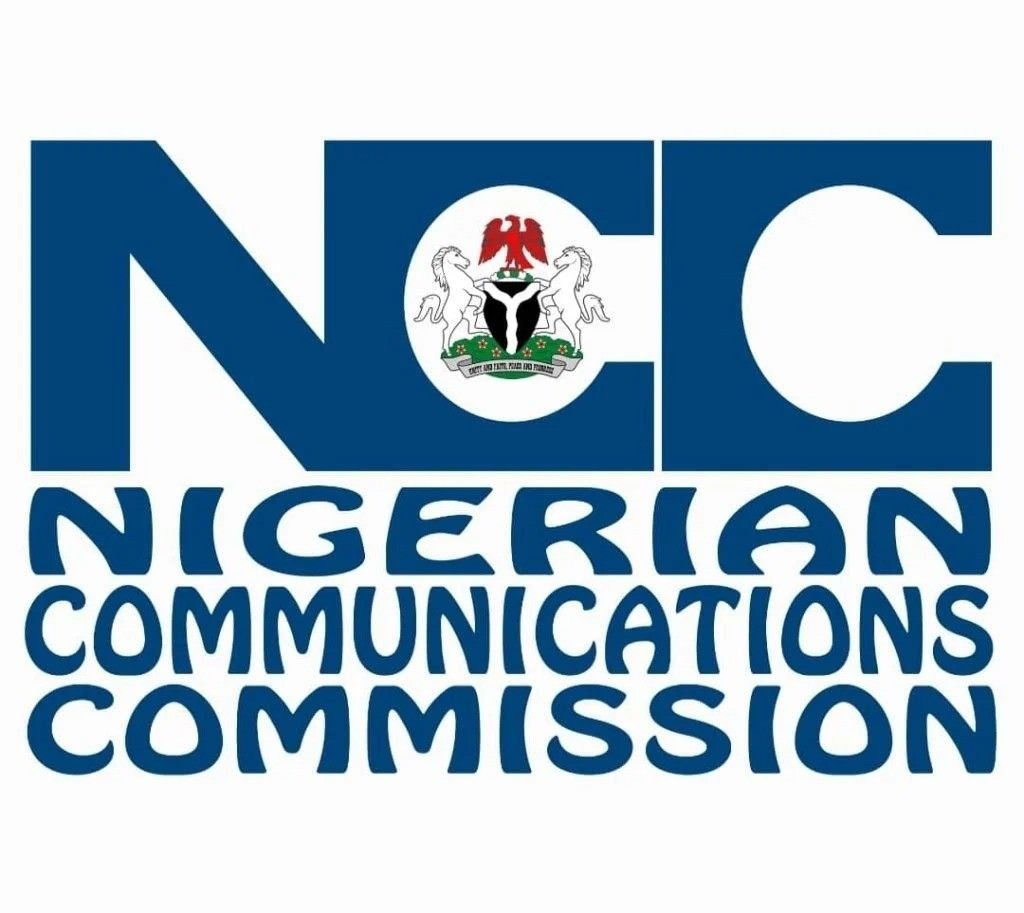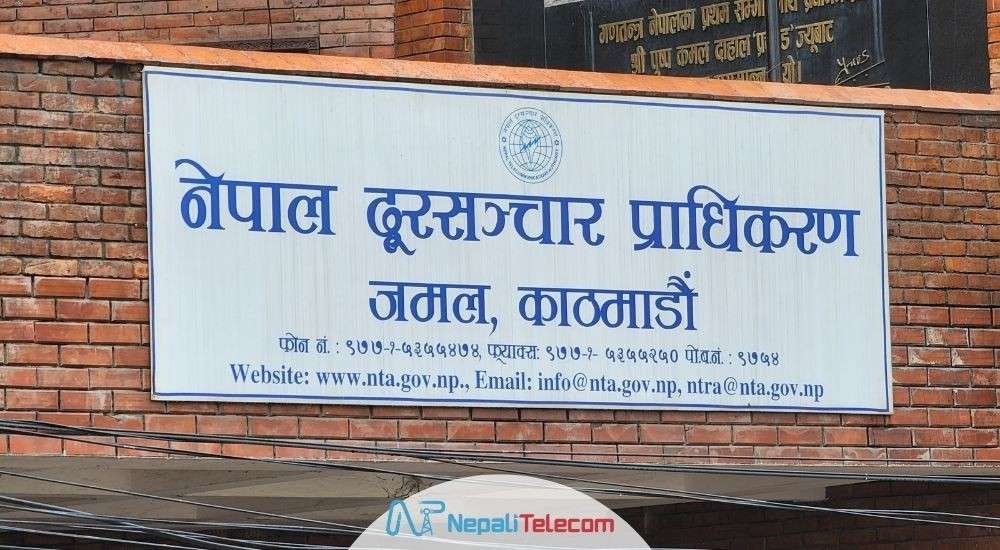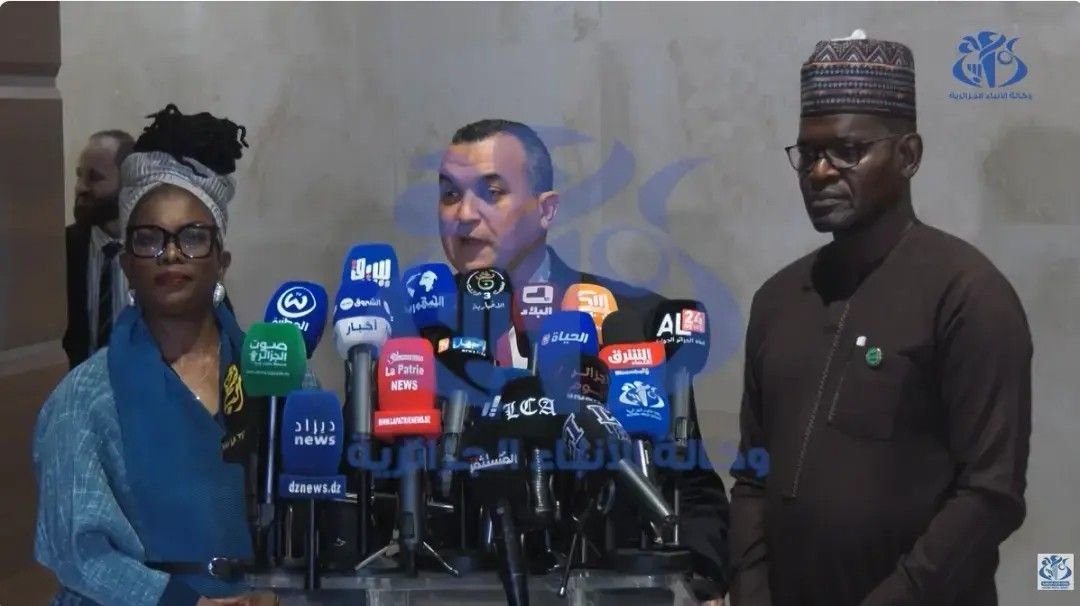Nigeria’s Communications Commission (NCC) has called for stronger public cooperation to safeguard telecommunications infrastructure, stressing that disruptions could harm the economy and national security. The appeal came after the NCC, working with the Office of the National Security Adviser, brokered a deal to avert a strike by the Natural Oil and Gas Suppliers Association of Nigeria that would have halted diesel deliveries to thousands of telecom sites.
With many base stations reliant on generators due to Nigeria’s unreliable power grid, such a strike could have left millions without voice and data services. National Security Adviser Nuhu Ribadu warned that any interruption to telecom operations has “far-reaching implications for service delivery, economic stability, and national security.”
NCC CEO Aminu Maida said the commission will continue enforcing technical standards and collaborating with security agencies, operators, and the public to protect critical assets. He urged Nigerians to treat telecom infrastructure as a shared national asset that supports business, healthcare, education, and participation in the digital economy.
Nigeria’s $75 billion telecom industry consumes over 40 million litres of diesel monthly to keep networks running. Operators are increasingly investing in hybrid energy systems, with the NCC and GSMA estimating that solar and battery storage solutions could reduce operating costs by up to 50% while cutting emissions.















